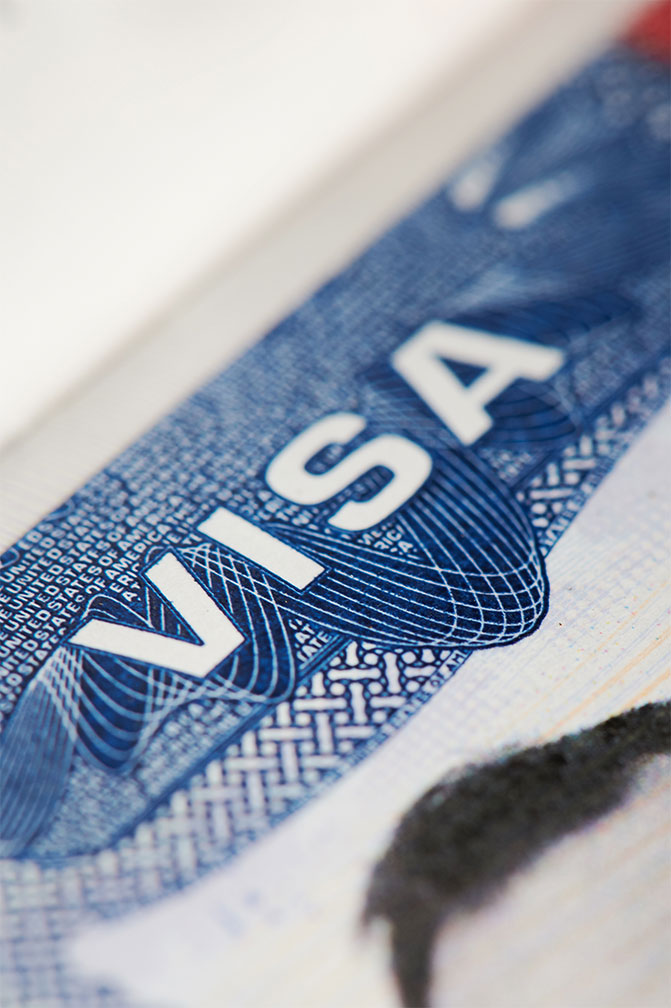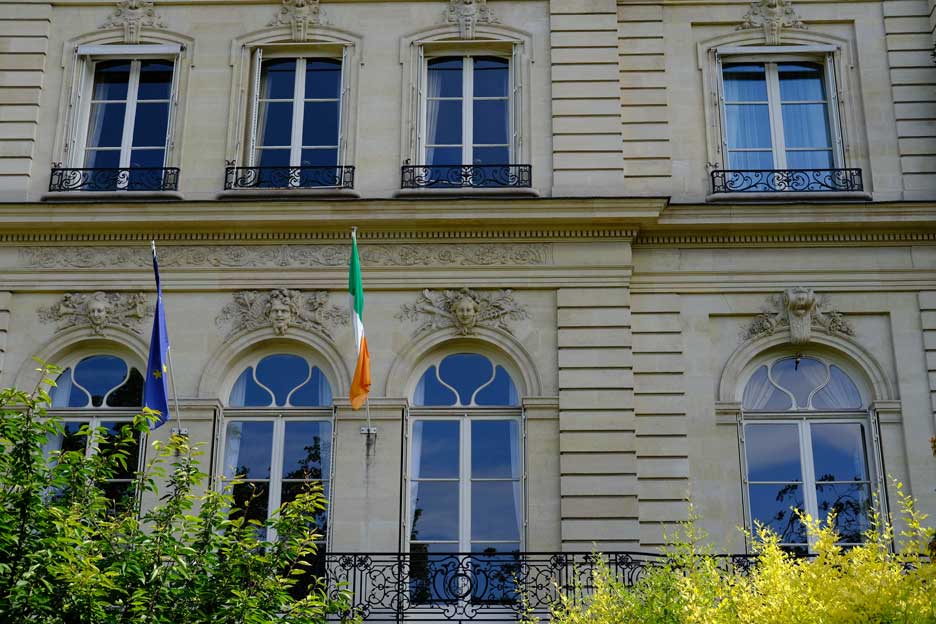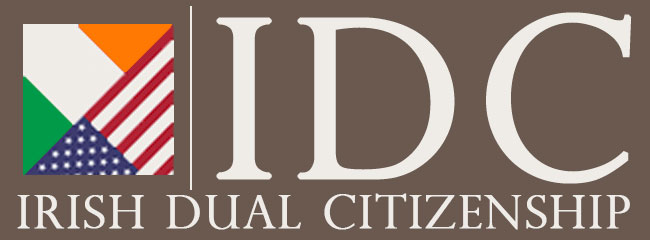In order to establish if you qualify for Irish citizenship by descent, understanding your Irish family heritage and genealogy is essential. Researching your Irish ancestry is the first step in your journey to claiming Irish citizenship.
Ireland is a country whereby huge numbers descend from emigrants, and therefore it is no surprise that Ireland has become one of the world leaders in ancestry research. This is positive news as it means there is an abundance of resources to access Irish genealogical records.
There has never been a better time to explore your Irish family history. Individuals of Irish origin can trace their heritage and familial lines back to the second quarter of the 19th century, and explore their line of descent to determine eligibility for Irish citizenship by descent.
What is Irish citizenship by descent?
Irish citizenship by descent means you are a descendant of an Irish-born ancestor and you have a claim to Irish citizenship based on a familial bloodline.
In respect of Irish citizenship, being eligible to claim Irish citizenship by descent requires having a parent and grandparent, and, in rarer cases, a great-grandparent, who have/had/were entitled to Irish citizenship.
Irish Citizenship by Descent Eligibility
If you want to know if you qualify for Irish citizenship by descent, you must meet the following criteria:
- Your parent was born outside of Ireland, but your parent was an Irish citizen, or entitled to be an Irish citizen at the time of your birth;
- One of your grandparents was born on the island of Ireland.
Making an Irish Citizenship by Descent Application
In order to aply for Irish citizenship by descent, you need to apply to have your details registered on the Foreign Births Register (FBR), which is an official register of Irish descendants who were not born in Ireland.
For more about the Foreign Births Register, see our related article here.
Making an Application for Irish Citizenship by Descent
It is essential to state that Irish embassies and consulates abroad do not process citizenship by descent applications. All applications must be made online, via the Foreign Births Registration section of the Irish Department of Foreign Affairs homepage, and once completed printed must be sent to the office PO Box address in Ireland, which will be listed on the application form.
The first step is to identify through which ancestor you qualify, and then gather all of the necessary original documents that will evidence your direct lineage to your Irish ancestor. All documents must in the long form, state-issued and original copies and will include birth, marriage and death (where applicable) certificates for each person in the line of descent, so, you (the applicant), your parent, and your grandparent.
The documents you are required to send may vary, and so always consult the corresponding checklist that will be in the application form.
Once you have your documents and submitted the online application form, you will need to make an online payment, print a copy of your application and send the application form, along with all supporting documentation, to the relevant PO Box address in Ireland.
A witness (a professional who is known to you, but not a family member) must certify documents and photos “as a true copy of the original”.
All documentation will be returned to you once your application has been reviewed and processed.
Irish-born Great-Grandparent
If you are pursuing an Irish citizenship claim through an Irish-born great-grandparent, it is important to know that the criteria is very specific. To be eligible the following must apply:
- You must have a parent who was eligible for Irish citizenship through their grandparent;
- You must have a parent who was an Irish citizen at the time of your birth;
- You must have a parent who was registered in the Foreign Births Register (FBR) between 17 July 1956 and 1 July 1986; or, you were born after 1986, your parent was registered in the Foreign Births Register at the time of your birth.
In the event you do not meet the above criteria, you cannot make an application for Irish citizenship by descent, and cannot apply for Irish citizenship through the Foreign Births Register.
You can still potentially make a claim for Irish citizenship through an Irish-born great-grandparent by making an application based on association, which falls under the category of citizenship through naturalization. This usually requires residency in Ireland. In the absense of this, showing that you have a strong connection to Ireland is essential, and this is done by demonstrating meaningful links in Ireland, such as family and friends, frequent travel to Ireland (for work and other), and being members of Irish groups etc.
Building a strong case when making an application this way is imperative, as decisions in these instances are made by the Irish Minister for Justice, and are done so on a case-by-case basis. The Minister has absolute discretion in deciding to waive or not the criteria.
For more information on applying for Irish citizenship through a great-grandparent, via association (naturalization) see our related page here.
Expectant parents
For expectant parents, it is important to note that if you want your child to be entitled to claim Irish citizenship and register on the FBR, you must register on the FBR before their birth.
Applying with siblings
You and your sibling/s can apply together for Irish citizenship by descent applications.
You can use the same documentation for the Irish ancestor through whom you apply, and you can send all applications together in one envelope. For the sake of clarity, you should enclose a letter explaining this, to avoid the risk of potential delays in your application.
Next steps
In general, Foreign Births Registration applications take 9 months to process. If your application and claim for Irish citizenship is successful, your details will be entered in the FBR and you will be formally reecognized as an Irish citizen, which means you are then able to apply for an Irish passport.
This article has explored tracing your Irish ancestry for the purpose of making an application for Irish citizenship by descent.
If you would like more information about applying for Irish citizenship, you can contact us directly and one of our expert Irish Dual Citizenship advisors will be in touch to answer your questions.





